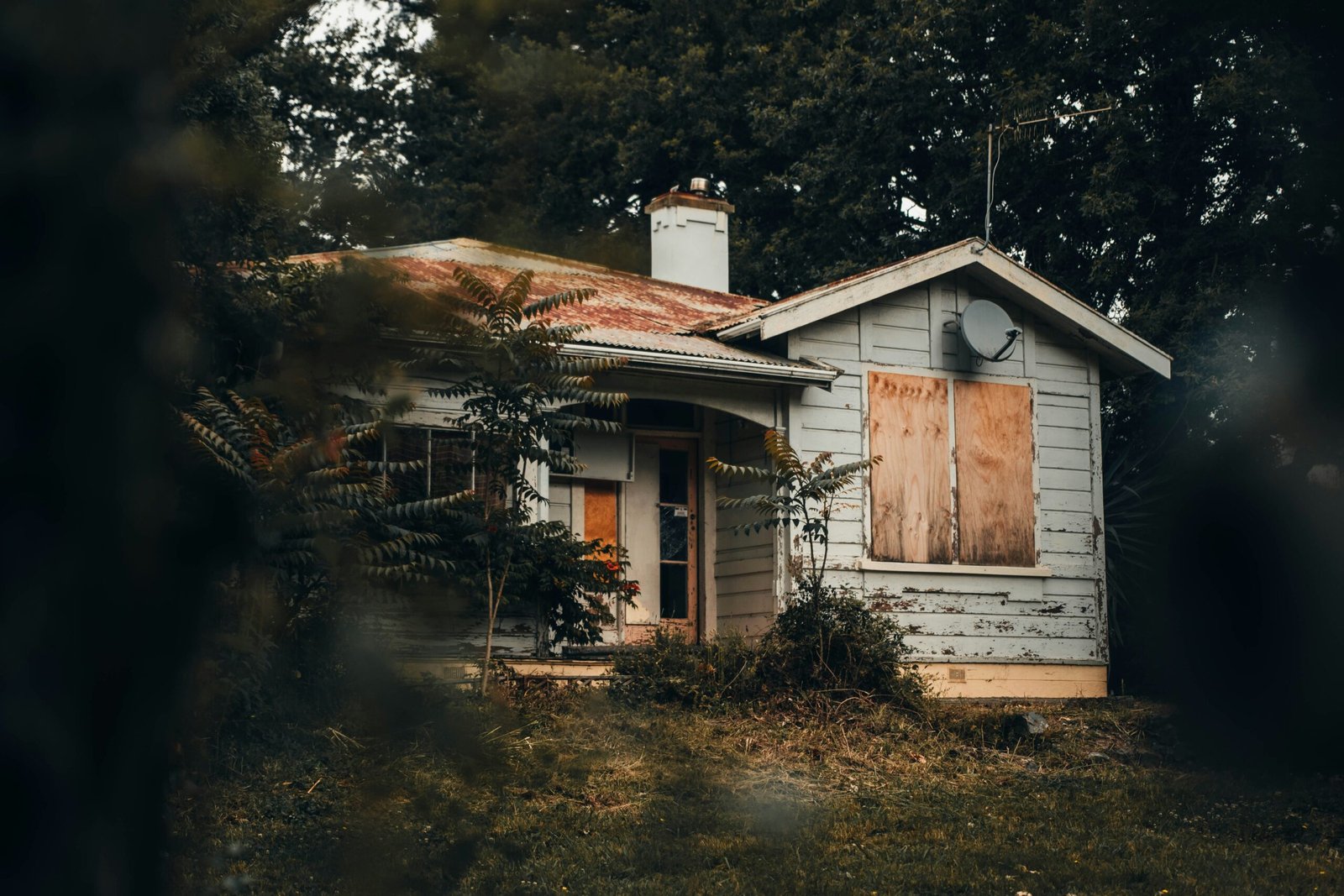For many homeowners, a sudden appliance breakdown can feel like a disaster. Whether it's your refrigerator giving out in the middle of summer or your washing machine flooding your laundry room, the costs and inconvenience can pile up fast. But here’s the big question: when do insurance policies actually help with appliance breakdown repairs?
Let’s break it down.
Understanding Appliance Coverage in Homeowners Insurance
Most standard homeowner insurance policies are designed to cover unexpected and accidental damages to your home — think fires, theft, or storm damage. But appliance breakdowns repairs fall into a bit of a gray area.
Generally, if an appliance is damaged due to a covered peril (like a fire or power surge), your insurance might help. But if the appliance simply wears out over time or breaks down due to mechanical failure, your standard policy usually won’t pay for repairs or replacements.
Covered vs. Not Covered: What You Need to Know
Here’s a quick guide to help you understand when you might be covered:
✅ Usually Covered:
Damage caused by fire, lightning, or explosions
Water damage from a burst pipe that affects your appliances
Power surges (some policies include this, others don’t)
❌ Typically Not Covered:
Normal wear and tear
Mechanical or electrical failure
Lack of maintenance
Rust, corrosion, or mold damage
If you're not sure where your policy stands, it’s best to review your coverage or speak with your insurance agent. Policies can vary significantly based on your provider and location.
What About Home Warranties?
A home warranty is different from homeowners insurance. It’s a service contract that helps pay for repair or replacement of household appliances and systems due to regular wear and tear. If appliance breakdowns repairs are your primary concern, a home warranty might be a better fit.
However, combining both — a robust insurance policy and a reliable home warranty — can give you the most comprehensive protection.
Liability Concerns: When Someone Else is Affected
Let’s say your old dishwasher leaks and causes water damage to your downstairs neighbor’s unit (in case of shared housing or condos). That’s where general liability insurance comes into play. It helps cover property damage or injury that you’re legally responsible for — a crucial safety net if your appliance breakdown leads to more than just inconvenience.
How to Protect Yourself Ahead of Time
Since insurance doesn't always step in for appliance breakdowns repairs, here are a few tips to stay ahead:
Maintain your appliances regularly. Clean filters, check seals, and keep them running efficiently.
Keep records. Save receipts and maintenance logs to make claims smoother if damage does occur.
Consider additional coverage. Some policies offer equipment breakdown add-ons — ask your provider if that’s available.
Final Thoughts
While homeowners insurance is your go-to safety net for major disasters, it doesn’t typically cover everyday appliance breakdowns repairs. Understanding what’s included — and what isn’t — helps you plan better, avoid surprises, and protect your investment.
Looking for more protection or want to explore coverage options that go beyond the basics? Visit the official website to learn more about what kind of insurance coverage fits your unique needs as a homeowner.


























